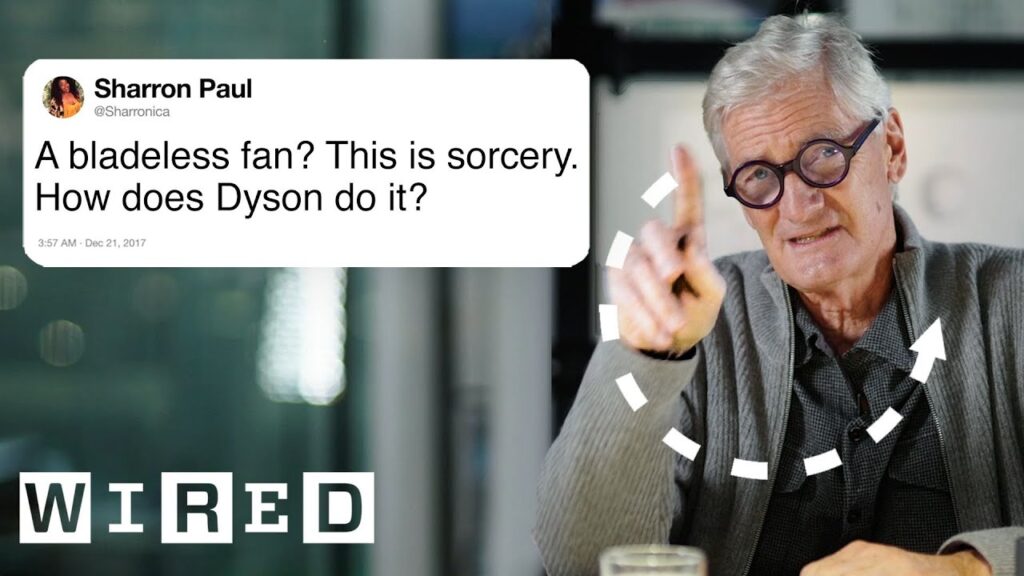Expert Answers to Common Questions About Skincare
Summary
In this Q&A article, skincare specialist Dr. Maneeb Sha answers a variety of questions related to skincare, from treating acne to preventing skin cancer. He emphasizes the importance of avoiding harmful practices like popping pimples and using tanning beds, while also discussing effective treatments like isotretinoin for acne and laser removal for tattoos. Dr. Sha also addresses issues related to hormone acne, sunscreen use, and cracked heels, providing helpful tips and advice for overall skin health.
Table of Contents
- The Importance of Avoiding Pimple Popping
- The Risks of Using Tanning Beds
- How to Treat Genital Warts and Prevent Cancer
- Understanding Isotretinoin for Acne Treatment
- Coping with Stress to Improve Skin Health
- Antiperspirants vs. Deodorants: What’s the Difference?
- When to Seek Professional Help for Acne
- Treating Hormonal Acne
- Protecting Your Skin with SPF and Identifying Abnormal Moles
- Tattoo Removal and Holistic Skincare
- Tips for Managing Cracked Heels
- Conclusion
Introduction
Taking care of one’s skin is an important aspect of overall health and well-being. With so many different products and treatments available, it can be challenging to know the best approach for achieving healthy, glowing skin. To help answer some common questions about skincare, we turned to Dr. Maneeb Sha, a skincare specialist with years of experience in treating a wide range of skin conditions.
Q&A
The Importance of Avoiding Pimple Popping
Q: Is it safe to pop pimples?
A: No, we do not recommend popping pimples! Doing so can lead to scarring and post-inflammatory hyperpigmentation, which can take months or even years to fade. Pimples occur when oil, bacteria, and dead skin cells clog the pores, so popping them can exacerbate the problem and push bacteria deeper into the skin. Instead, we advise using topical acne treatments with ingredients like benzoyl peroxide or salicylic acid to help reduce inflammation and kill bacteria.
The Risks of Using Tanning Beds
Q: Can using tanning beds cause skin cancer?
A: Yes, using tanning beds can significantly increase the risk of skin cancer. Tanning beds emit ultraviolet (UV) radiation, which damages the DNA in skin cells and increases the risk of developing melanoma, the deadliest form of skin cancer. In addition, using tanning beds can accelerate aging and cause wrinkles, age spots, and other signs of sun damage. It’s much safer to simply use a self-tanning lotion or spray if you want a bronzed look.
How to Treat Genital Warts and Prevent Cancer
Q: Is the HPV vaccine an effective way to prevent genital warts?
A: Yes, the HPV vaccine is an effective way to prevent genital warts and related cancers. The vaccine is given in a series of shots and is recommended for both boys and girls between the ages of 11 and 12, although it can be given at any age up to 26. If you do develop genital warts, it’s important to seek treatment from a healthcare provider to prevent them from turning into cancer. Treatment may include topical or oral medication, cryotherapy (freezing), or surgical removal.
Understanding Isotretinoin for Acne Treatment
Q: What is isotretinoin, and how does it work for acne?
A: Isotretinoin, also known by the brand name Accutane, is an oral medication that is highly effective for treating severe acne that has not responded to other treatments. It works by reducing the production of sebum, the oily substance that clogs pores and leads to acne. However, it can also have some serious side effects, including dry skin, nosebleeds, and potential birth defects in pregnant women. Only a dermatologist can prescribe isotretinoin, and they will closely monitor patients to ensure safety and efficacy.
Coping with Stress to Improve Skin Health
Q: Can stress cause acne?
A: Yes, stress can definitely contribute to acne breakouts. When we’re stressed, our bodies produce more cortisol, a hormone that can increase oil production in the skin and lead to breakouts. That’s why it’s important to take steps to manage stress, like practicing mindfulness meditation, getting regular exercise, and getting enough sleep. In addition to improving overall health, these strategies can also improve skin health and reduce the likelihood of acne breakouts.
Antiperspirants vs. Deodorants: What’s the Difference?
Q: What’s the difference between antiperspirants and deodorants, and which one should I use?
A: Antiperspirants are designed to reduce sweating by blocking sweat glands with aluminum compounds. Deodorants, on the other hand, are designed to mask body odor by killing odor-causing bacteria. While antiperspirants can be effective at reducing sweating, there are concerns that long-term use may increase the risk of breast cancer and Alzheimer’s disease. If you’re concerned about these risks, we recommend using a deodorant without aluminum.
When to Seek Professional Help for Acne
Q: When should I see a dermatologist for my acne?
A: If you have persistent acne that does not respond to over-the-counter treatments, you may benefit from seeing a dermatologist. Dermatologists can prescribe stronger medications like antibiotics or isotretinoin, and they can also provide valuable advice on skincare and lifestyle factors that may be contributing to your breakouts. In particular, if you’re experiencing consistent breakouts on one specific area of your face, like your cheeks, it’s a good idea to seek professional help.
Treating Hormonal Acne
Q: I’m in my 20s and have acne around my jawline. Is this hormonal acne, and how can I treat it?
A: It’s possible that you have hormonal acne, which is common in women in their 20s and 30s and typically appears around the jawline and chin. Hormonal acne is caused by fluctuations in hormones like estrogen and testosterone, and it can often be treated with over-the-counter acne-fighting ingredients like benzoyl peroxide or salicylic acid. However, if your acne is severe or persistent, you may benefit from seeing a dermatologist who can prescribe topical or oral medications to regulate hormone production.
Protecting Your Skin with SPF and Identifying Abnormal Moles
Q: What SPF should I use for my facial sunscreen, and how can I tell if a mole is abnormal?
A: We recommend using a facial sunscreen with an SPF of at least 30, which can effectively block up to 97% of the sun’s UV rays. In addition, it’s important to apply sunscreen generously and reapply every two hours, especially if you’re sweating or swimming. If you notice any moles on your skin that are asymmetrical, have an irregular border, are a different color than other moles on your body, or are larger than a pencil eraser, you should see a dermatologist to have them checked out.
Tattoo Removal and Holistic Skincare
Q: How does tattoo removal work, and what do you mean by holistic skincare?
A: Tattoo removal typically involves using laser beams to target the chromophores, or pigments, in the tattooed skin. The energy from the laser breaks up the pigments, which are then absorbed by the body’s immune system and eliminated through the lymphatic system. Holistic skincare is an approach to skincare that considers the whole body, not just the skin. This means addressing factors like diet, exercise, sleep, and stress management to improve overall health and well-being, which can lead to healthier skin as well.
Tips for Managing Cracked Heels
Q: What can I do to manage cracked heels, and is it necessary to see a podiatrist?
A: Cracked heels are a common skin condition, especially in the winter months when skin tends to be drier. To manage cracked heels, we recommend using a moisturizer with ingredients like ammonium lactate or urea, which can help soften the skin and reduce cracks. You should also avoid hot, long showers and use a pumice stone or foot file to gently exfoliate the skin. If your cracked heels are severe or do not respond to at-home treatments, it may be necessary to see a podiatrist for further evaluation and treatment.
Conclusion
Overall, taking care of your skin requires a multifaceted approach that includes consistent sun protection, avoiding harmful practices like pimple popping and tanning beds, and addressing underlying health issues like stress and hormonal imbalances. By following these tips and seeking professional help






